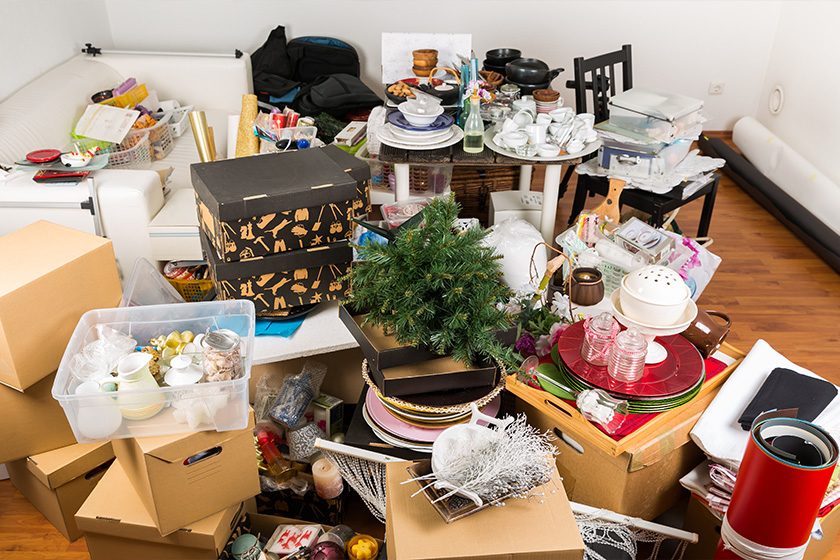Studies have shown that hoarding behavior is common among older adults. The behavior can get progressively worse as a person advances in age. Research has also found that there are 4% of older adults who have this behavior and the figure raises to 6.2% for older adults aged 55 years and above. If you have an aging loved one with this behavior, here is how you can help them with the harmful deed.
Why Hoarding Gets Worse with Age?
As they age, many older adults face a significant decline in the frequency and quality of their social interactions. This usually leaves them with feelings of loneliness and isolation as they are separated from the outside world. Eventually, older adults may begin engaging in behaviors that may help them cope with depression. In some cases, these behaviors are associated with the hoarding of things that can range from knickknacks to clothing to food and others.
Dangers of Hoarding in the Elderly
Hoarding can create hazards for people of any age, but older adults are particularly vulnerable. For instance, mobility issues caused by old age compound the dangers of hoarding. The elderly is at a greater risk of falling and fall-related injuries. Ultimately, a hoarder’s home can become hazardous and jeopardize their senior health, independence, and safety. Hoarding can also prevent older adults from getting the assistance they need to function well daily. Caregivers will not be able to provide enough support to older adults who live in unsafe, cramped, and unsanitary homes.
Helping an Older Loved One with Hoarding Behavior
- Get Support – Look to a relative, friend, or therapist to deal with the frustrations associated with the mess. You may be working with the best interests of your loved one in mind but you may be regarded as the enemy in this scenario. Hoarders tend to get very anxious when they are asked to part with their belongings and you will eventually be the target of that anger. Always have a safe place to vent and talk through the difficult emotions that may arise.
- Establish Trust – You may think that the established relationship you have with your loved one was built on trust and love. However, when it comes to hoarding, your loved one may disregard personal ties and your relationship may be at stake. If you have helped them before in getting rid of their possessions, there could be even greater tension. Always be patient with your loved one and practice empathy. Let them know that you respect their decisions during the clearing out process. You do not want to damage your relationship even when your true intent is to help them live better.
- Seek Professional Help – If your loved one refuses to listen to you, they may give in to a professional. There are many outlets that you can seek assistance from when it comes to hoarding behavior. The professionals practice compassion and can get a hoarder to cooperate through various strategies. This is a better approach if you wish to maintain your relationship with them and prevent tension as you are out of the picture.







